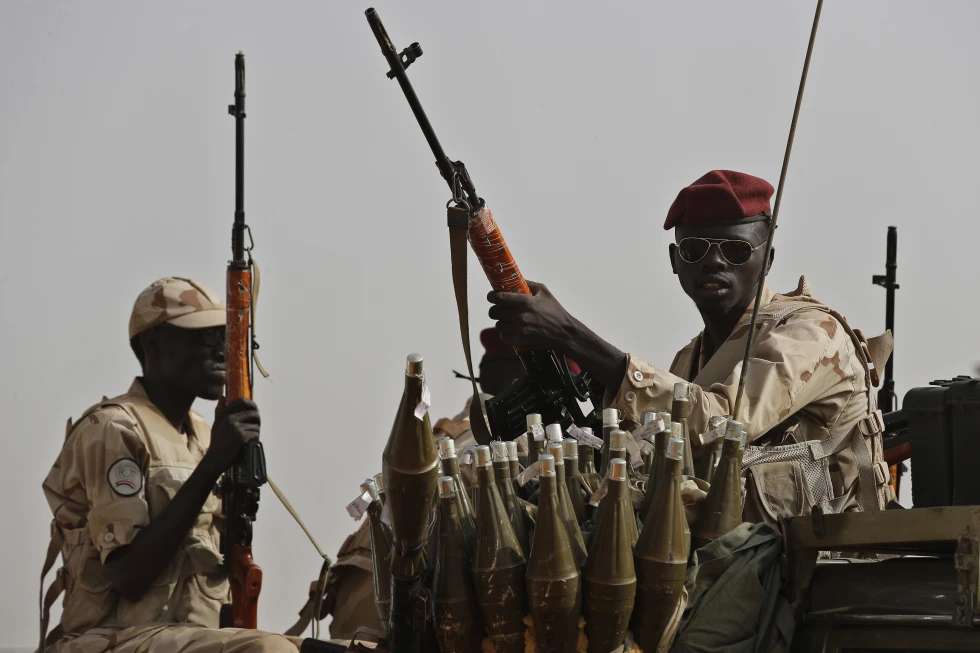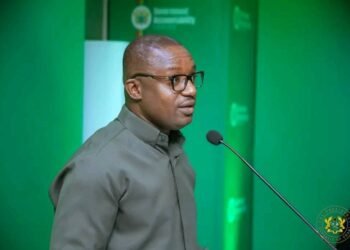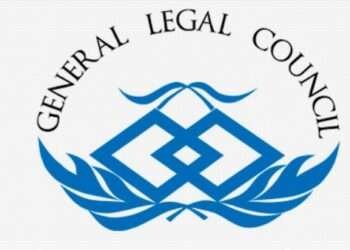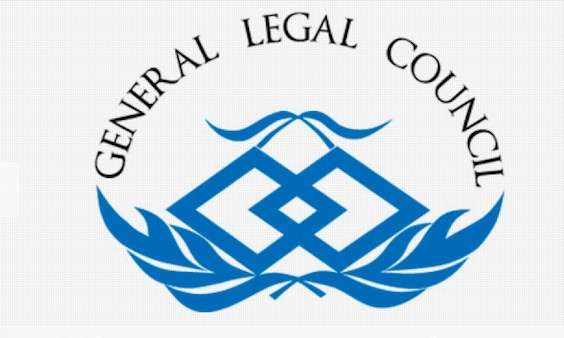Sudan’s newly appointed Prime Minister, Kamil Idris, has officially dissolved the existing government, entrusting the day-to-day affairs of state to ministry secretaries-general and undersecretaries until a new cabinet is formed.
The decision was made following a meeting between Idris and the current cabinet members. In the meeting, Idris commended the outgoing ministers for their service during what he described as a challenging time for Sudan, referencing the ongoing “War of Dignity” against the Rapid Support Forces (RSF). This powerful paramilitary group has been locked in conflict with the Sudanese army.
Idris emphasized that the upcoming period requires “serious work and effort in the areas of reconstruction and national rebuilding.” He presented a forward-looking agenda that includes transitional plans aimed at restoring stability to the war-torn country.
In an address to the nation before the cabinet meeting, Idris laid out a roadmap of six national priorities. Foremost among these is restoring “national security and state prestige by eliminating the rebellion and all forms of rebellious militias.” His remarks were a direct reference to the RSF, which has been in armed conflict with the national army since April 15, 2023.
The prime minister made a strong appeal to foreign actors, urging all countries supporting militia activity in Sudan to immediately halt what he described as “criminal operations”—including those engaged in planning, financing, and facilitating rebel activities.
Sudan has long accused the United Arab Emirates of arming and supporting the RSF, allegedly using neighboring Chad and other regional corridors to funnel military aid. Meanwhile, relations with Kenya have grown tense, with Sudan claiming Nairobi offers political backing to the RSF-led rebellion.

Six Priorities For Transitional Phase
During his national address, Idris committed to initiating an inclusive Sudanese-Sudanese dialogue, stressing that no political entity would be excluded from the conversation. He assured the public of a neutral stance, saying his leadership would maintain “equal distance from all political forces.”
His broader goals for the transitional period include establishing security and stability, revitalizing the economy, and enhancing governance. He pledged to manage both the transitional government and the executive arm with efficiency and transparency.
In terms of economic development, Idris outlined an ambitious agenda: boosting exports, reactivating domestic industries, and rejuvenating the agricultural sector. He also spoke of overhauling the state apparatus to create a more effective and accountable government.
Another central component of his plan is national reconstruction. Idris promised to address public grievances and implement policies that promote long-term healing and national unity.
“I am fully aware of the size of the responsibility placed on my shoulders,” he stated, reiterating his commitment to upholding “justice, peace, the rule of law, and sustainable development.” He also highlighted the urgent need to improve basic services, including electricity, water supply, healthcare, and education.
In a message to both critics and supporters, Idris struck a tone of humility and shared purpose.
“I thank everyone who opposed me, and everyone who supported me. Together, we can reach a defined national project. Together, we can lead this great nation out of the dark tunnel. I do not seek personal glory, nor do I wish to be a ruler served by the people, but rather a servant governed by the people.”
Prime Minister Kamil Idris
However, his appointment has stirred debate within Sudan’s political arena. Some factions argue that his leadership could legitimize ongoing military dominance and prolong a conflict that has already torn at the fabric of Sudanese society.
Since the joint military coup by the army and RSF leaders on October 25, 2021, Sudan has faced a deepening political and humanitarian crisis. The power struggle has intensified civil strife and sharpened ethnic and tribal divisions across the nation.
READ ALSO: Expert Hails Ghana’s Oil Revival as Tullow and Eni Restart Drilling




















